Five Natural Dog Treats Your Dog Will Love
There are so many dog treats on the market today that selecting the perfect choice for your pet can get a bit confusing. The number of available options on the shelves can be downright daunting!
But did you know there are natural alternatives that you’re likely including in your own day-to-day diet that can also enrich your dog’s life?
Here’s a look at just a handful of healthy snack options that can fit the bill and may already be in your fridge or pantry right now.
Carrots
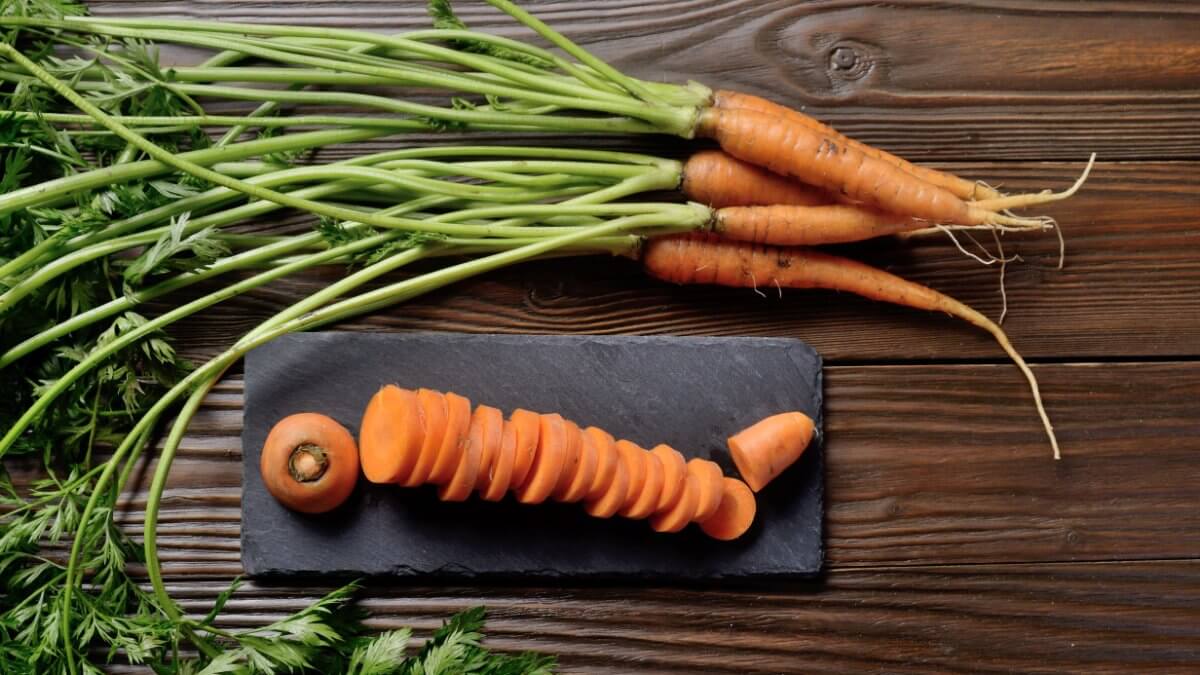
Carrots are among the vegetables that provide multiple health benefits for dogs and are perfectly safe for canine consumption. This is true from both a nutritional and a dental health perspective, as the orange root vegetable provides vitamins like potassium, beta-carotene, potassium, and plenty of fiber. The crunchy nature of raw carrots also helps to remove plaque and tartar buildup, reducing the risk of gum disease.
In addition to the carrot’s raw state, there are many ways to serve this delicious vegetable to dogs, including lightly baked, blended as a juice, and even frozen.
Green Beans
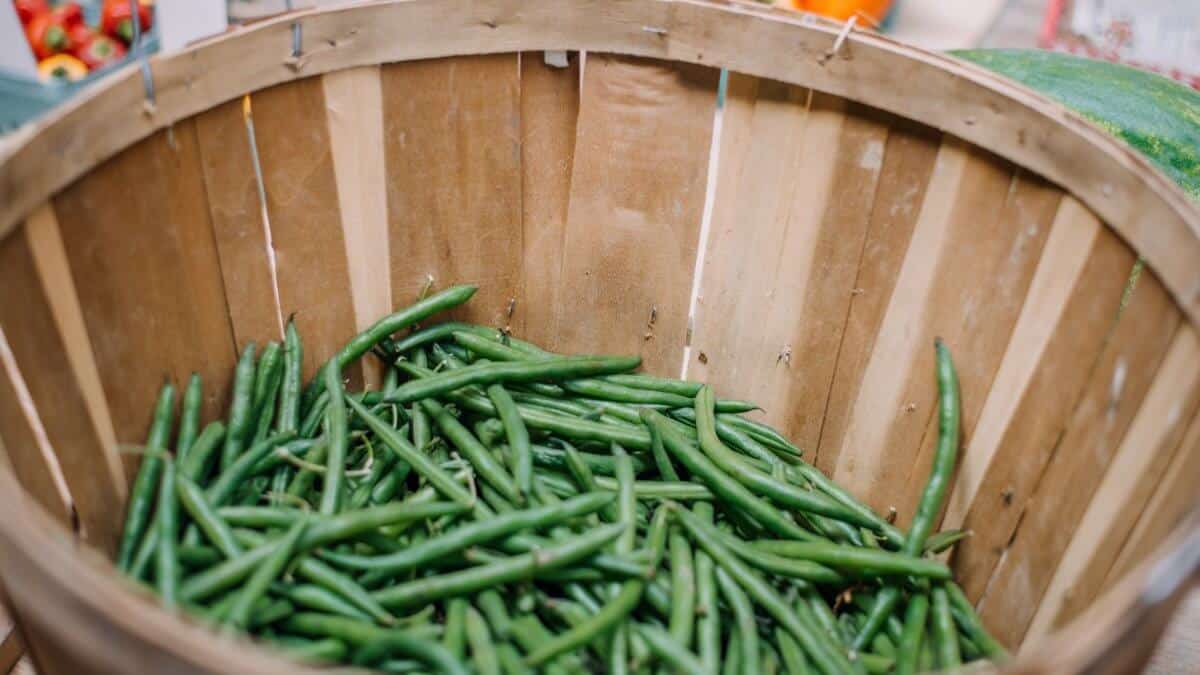
Green beans are another option from the vegetable aisle that can provide the perfect treat for both you and your dog. Low in calories in addition to helping with digestion (and also offering benefits for dogs with kidney disease), these healthy green snacks provide added iron, protein, potassium, Omega-3 fatty acids, and more to your dog’s diet.
There are a variety of ways to offer your dog green beans, though the simplest way is either fresh or frozen. It’s best to avoid canned veggies because of the other things that have been added, like a high salt content or potentially harmful edibles like garlic and onions.
Green beans should be avoided as a snack in excess, though, as they can contribute to diarrhea if given in large quantities. To avoid digestive issues, it is recommended that 10% or less of your dog’s diet should consist of green beans.
Bananas
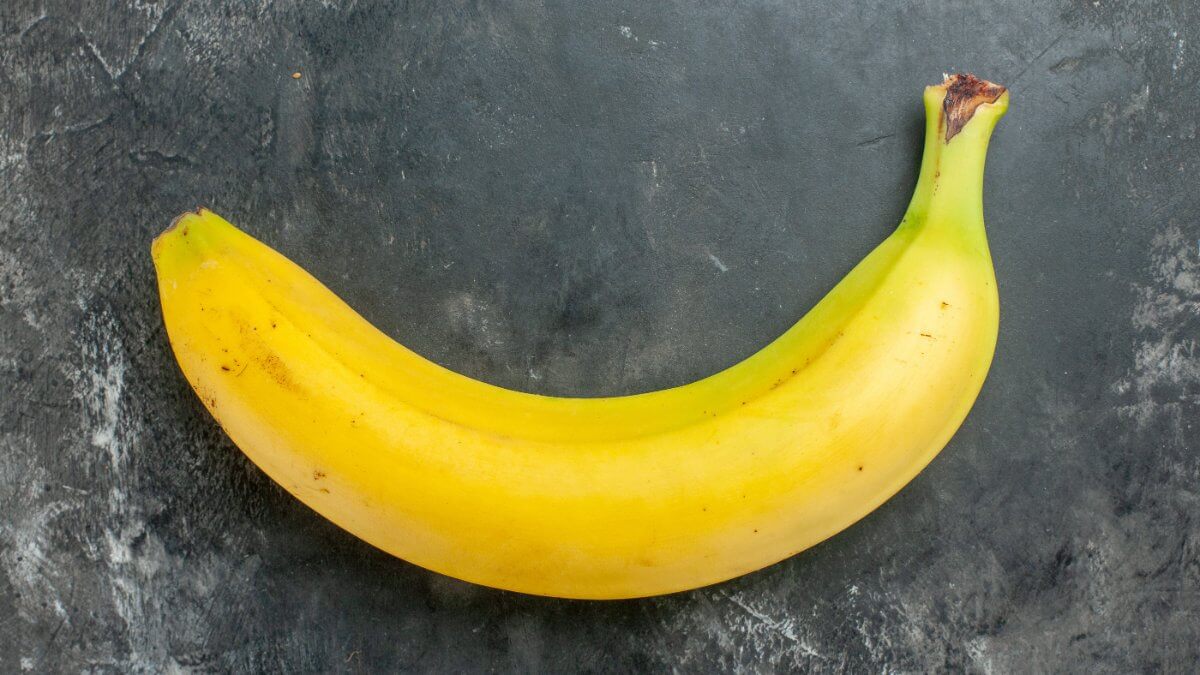
Bananas are another popular treat for dogs that can be combined with other ingredients like yogurt and peanut butter. There’s an obvious reason why this tropical fruit (or is it a berry?) is such a popular ingredient in dog treat recipes as well as commercial treats that are available at the store—they’re delicious!
Despite the fact that bananas also provide a strong source of important nutrients like potassium, copper, biotin, and fiber, it’s important to make sure to only give them in moderation due to their high sugar content.
Bananas can be served to your dog right out of the peel, as-is, sliced and frozen, or blended with peanut butter or yogurt and then refrozen for later.
Blueberries
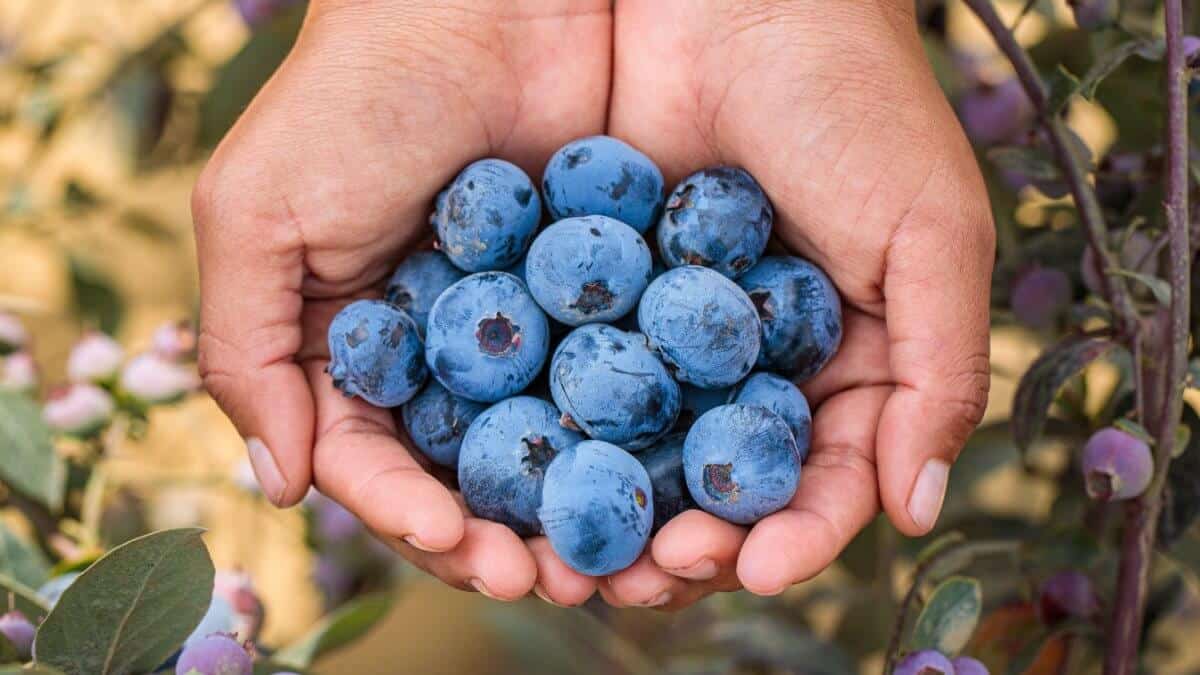
Well known for the antioxidants they provide, blueberries can be a healthy addition to your dog’s diet as a small, convenient, and easy-to-carry treat. They can also be enjoyed in a Greek yogurt bowl, as the combination of ingredients is just as appealing to dogs as it is to pet owners.
Blueberries provide a substantial benefit to your pup’s immune system and they provide a solid source of vitamins C & K, fiber, and protective phytochemicals.
Sweet Potatoes
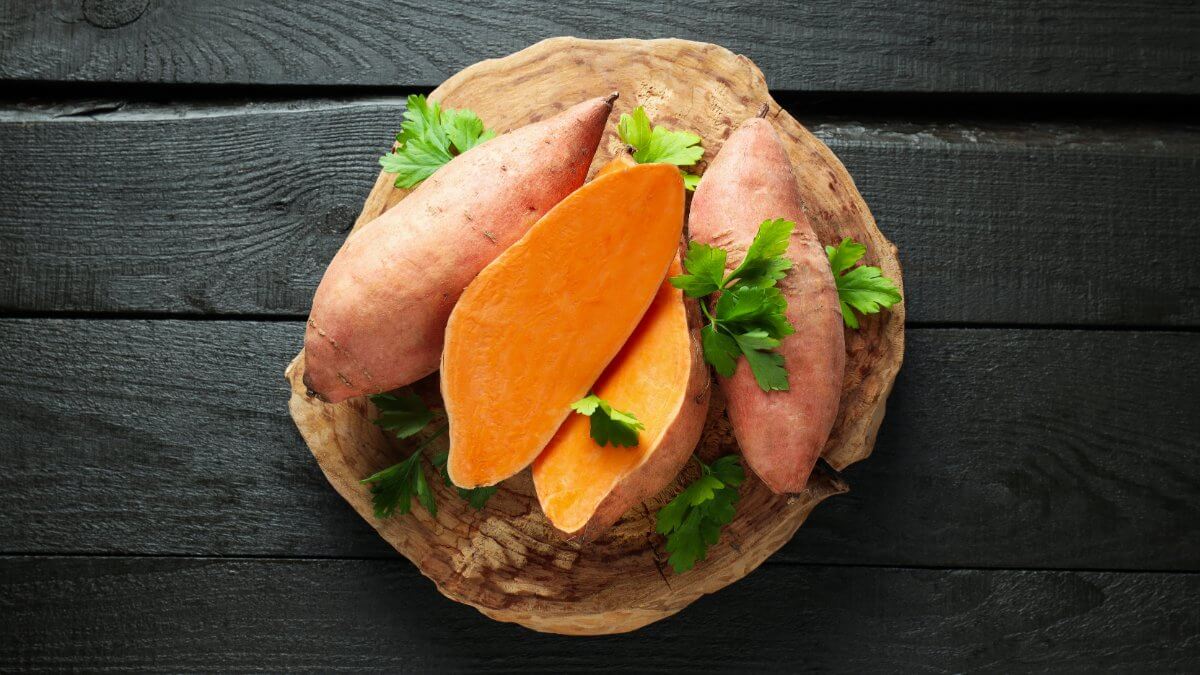
Sweet potatoes are yet another food enjoyed by health-conscious humans and animals alike that provide a great addition when served the right way. It’s important to feed your dog cooked and not raw sweet potatoes, since in their raw form this root vegetable may become a choking hazard if your four-legged friend has difficulty chewing them.
It’s also important to remove the sweet potato’s skin because, if digested, it could pose a risk of intestinal blockage. As you introduce this high-fiber veggie to your dog’s diet, start with small quantities to be sure your dog can tolerate it well.
In addition to providing fiber, sweet potatoes offer other benefits that include vitamin C, manganese, antioxidants, and a low glycemic index.
Feeding natural treats as a source of essential nutrients can go a long way toward maintaining your dog’s overall health and preventing some of the issues that are associated with feeding processed foods exclusively. However, before making any significant changes to your dog’s diet, be sure to consult with your veterinarian or a board-certified veterinary nutritionist to explore the best supplemental treats for your furry friend.















